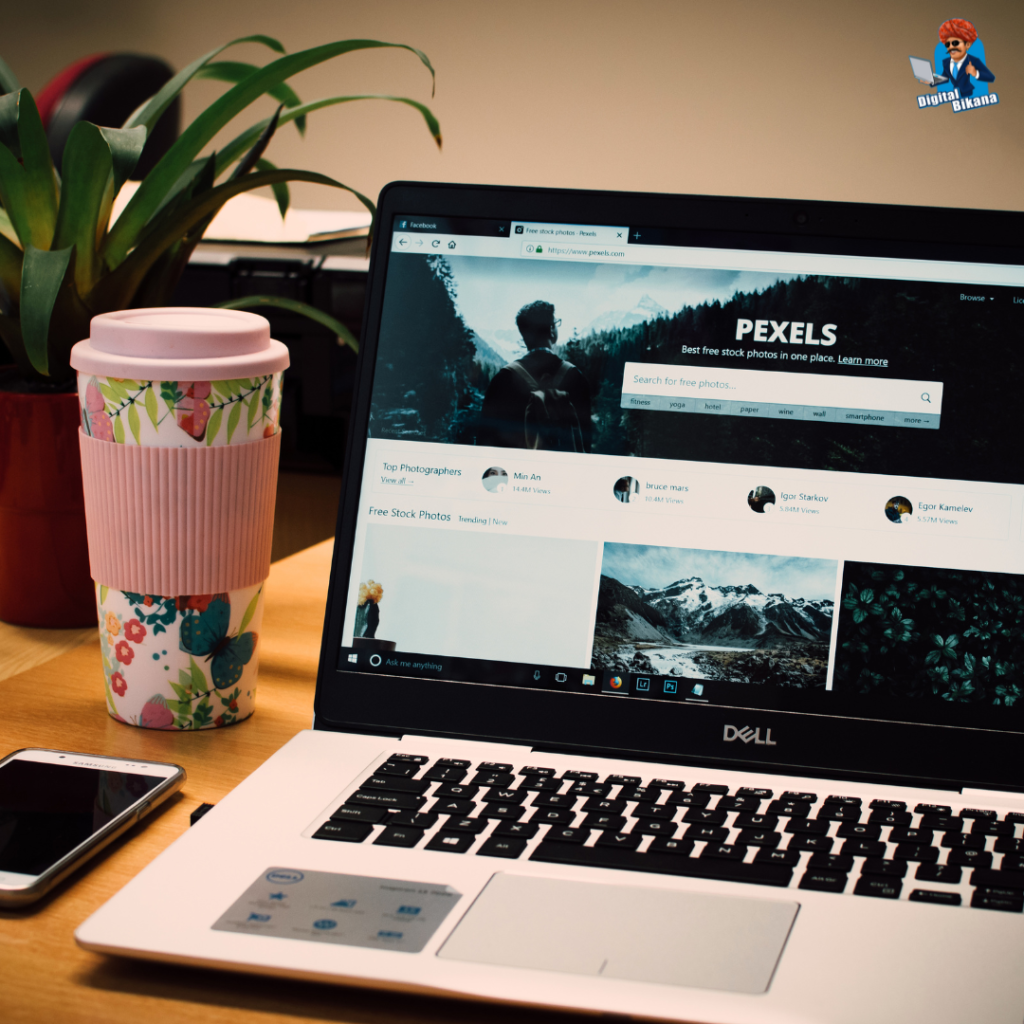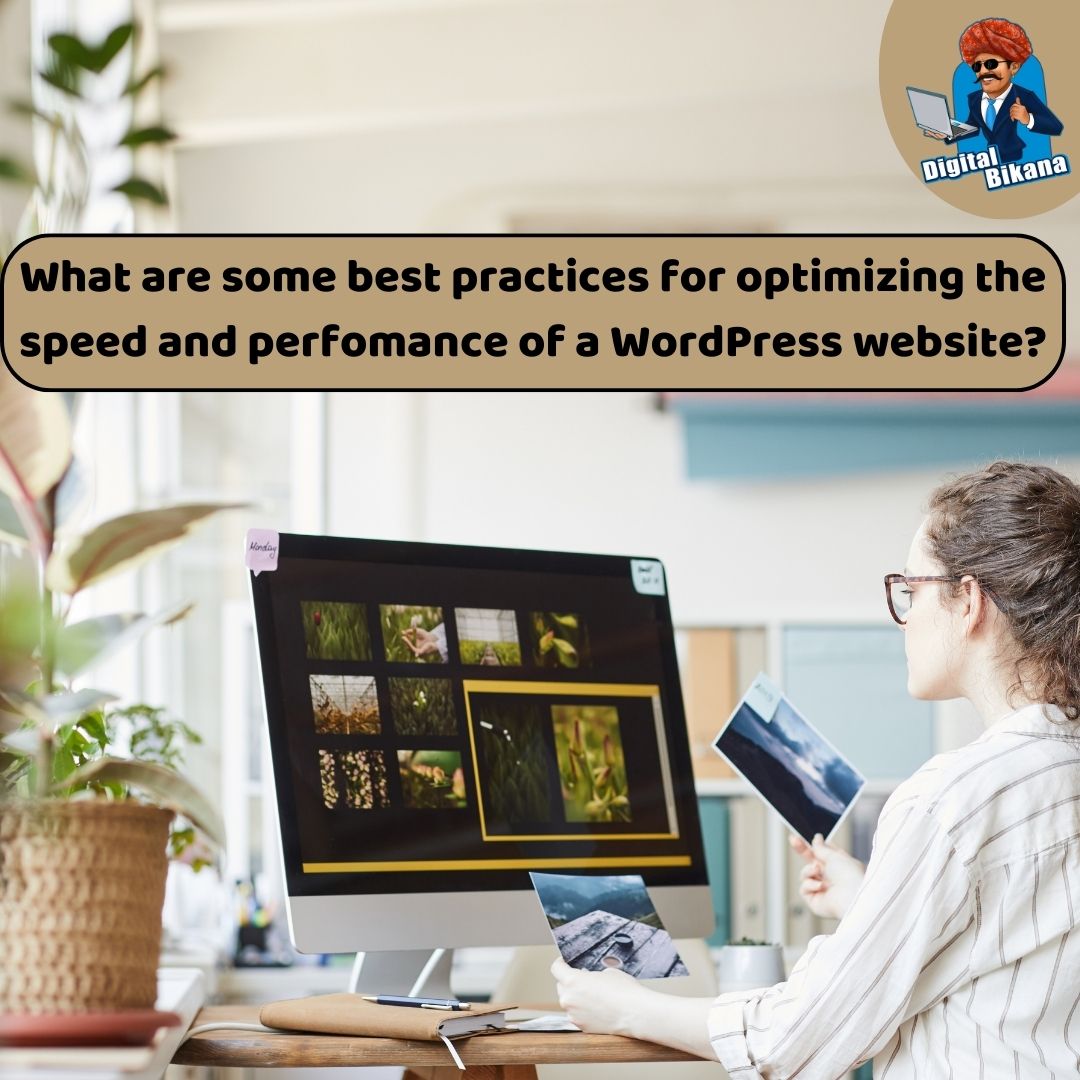How to optimize the speed and performance of a WordPress website?
In this article we are going to talk about How to optimize the speed and performance of a WordPress website? Website speed and performance are critical factors that greatly impact the success of a WordPress website in today’s fast-paced digital world. Users have increasingly high expectations for fast-loading sites, and search engines also prioritize websites with faster load times.
How to optimize the speed and performance of a WordPress website?
In this article, we will explore some of the best practices for optimizing the speed and performance of a WordPress website to ensure an exceptional user experience and improved search engine rankings.
1. Choose a Reliable Web Hosting Provider
One of the most critical decisions for your WordPress website is selecting a reliable web hosting provider. Opt for a hosting company that offers excellent server performance, high uptime, and fast response times. Shared hosting might be cost-effective, but it can often result in slower site speed due to resource sharing. Consider managed WordPress hosting or a virtual private server (VPS) for better performance.
2. Utilize a Lightweight and Fast Theme
The theme you choose significantly impacts the speed and performance of your WordPress website. Opt for a lightweight theme that is well-coded and optimized for speed. Avoid themes with excessive features and unnecessary plugins, as they can slow down your site. Conduct thorough research, read reviews, and select a reputable theme that suits your design needs while maintaining optimal performance.
Read Also: How to install theme in WordPress Website?
3. Keep your WordPress core, themes, and plugins up to date
Outdated WordPress core, themes, and plugins can pose security risks and negatively impact performance. Developers regularly release updates to address bugs, security vulnerabilities, and enhance performance. Keep your WordPress installation, themes, and plugins up to date to ensure optimal speed and performance. Regularly check for updates and promptly apply them when they are available.

4. Optimize Images for Web
Images play a vital role in website engagement, but they can also be a significant factor in slowing down your WordPress site. Large, unoptimized images take longer to load, causing delays in the overall page speed. Before uploading images to your website, compress them using tools like TinyPNG, Imagify, or WP Smush. Additionally, use appropriate image formats (JPEG for photographs, PNG for graphics) and specify image dimensions to reduce page load time.
5. Minify and Combine CSS and JavaScript Files
CSS and JavaScript files are essential for the functionality and appearance of your website. However, multiple CSS and JavaScript files can increase the number of HTTP requests, impacting site speed. Reduce file size and requests to the server by minifying and combining CSS and JavaScript files. You can utilize plugins like Autoptimize or WP Rocket to easily achieve this optimization.
6. Utilize Caching
Caching is a powerful technique that saves dynamically generated HTML pages and serves them to visitors without the need for reprocessing. By caching your WordPress site, you reduce the server load and improve page load times. Use caching plugins like W3 Total Cache, WP Super Cache, or WP Rocket to implement browser caching, object caching, and page caching. This significantly improves overall site performance and response times.
Read Also: What are Permalinks in WordPress and How can you customize them?
7. Enable GZIP Compression
GZIP compression is a technique that reduces the size of your website files by compressing them before they are sent to the visitor’s browser. Enabling GZIP compression significantly reduces the file size and the time it takes to transfer data from the server to the user’s browser. Most modern web servers and caching plugins have built-in options to enable GZIP compression.
8. Implement Lazy Loading for Images and Videos
Lazy loading is a technique that defers the loading of non-visible images and videos until the user scrolls to them. By implementing lazy loading, you can improve the initial page load time by only loading the images and videos that the user needs to see. This technique can be implemented using plugins like Lazy Load by WP Rocket, or there are even themes that offer built-in lazy loading functionality.
9. Optimize Your Database
The WordPress database stores all your website’s content, including posts, pages, settings, and more. Over time, the database can gather unnecessary data like post revisions, spam comments, and transients, which can be safely removed. Optimize your database by removing these unnecessary elements using plugins like WP-Optimize or Advanced Database Cleaner. Regularly cleaning and optimizing your database helps improve site performance by reducing the size and query times.
Read Also: How can you create a contact form on a WordPress website?
10. Monitor and Optimize Website Performance
Continuously monitor your WordPress website’s performance using tools like Google PageSpeed Insights, GTmetrix, or Pingdom. These tools provide detailed reports and recommendations for improving your site’s speed and performance. Pay attention to metrics such as page load time, time to first byte (TTFB), and overall performance scores. Implement the recommended optimizations and monitor the impact they have on your site’s speed.

Conclusion
Optimizing the speed and performance of a WordPress website is vital to deliver an exceptional user experience and improve search engine rankings. By following the best practices outlined in this article, such as choosing a reliable hosting provider, utilizing a lightweight theme, optimizing images, and implementing caching and compression techniques, you can significantly enhance your website’s speed and performance. Regularly monitoring and optimizing your site’s performance ensures that your WordPress website continues to meet the demands of today’s users and search engine requirements. So, Now I hope you have understood about How to optimize the speed and performance of a WordPress website.
You can also checkout this website designing institute to learn digital marketing course by enrolling in our course Or Contact Digital Bikana on +91-8949483728

